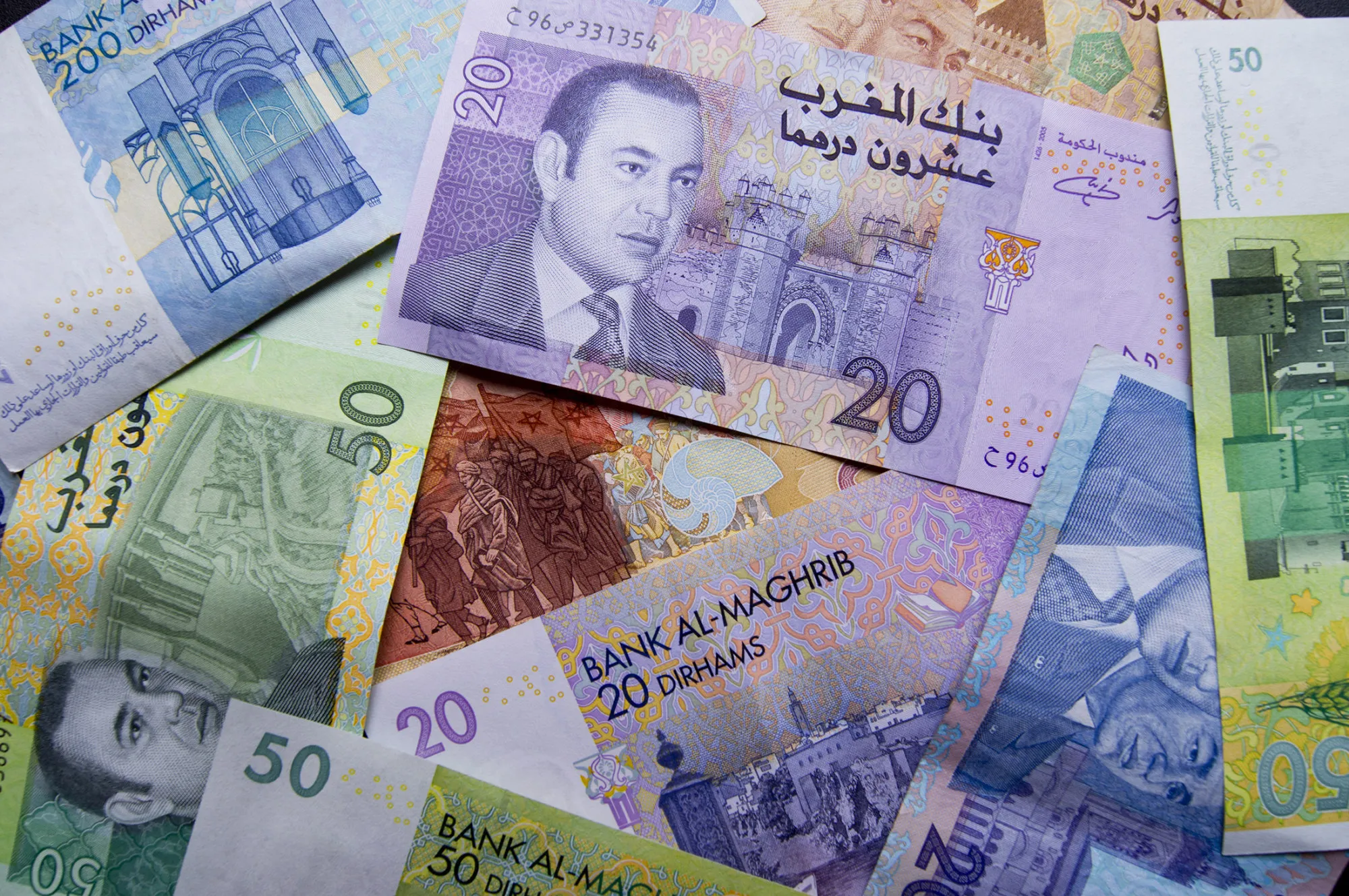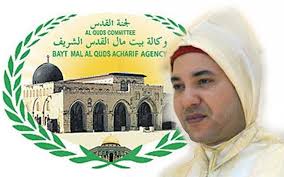 King Mohammed VI, as the leader who, at the 28th AU Summit, was put in charge of the question of migration, has submitted a paper to the AU’s presidency, laying out a common African Vision on migration and the related stakes and challenges.
King Mohammed VI, as the leader who, at the 28th AU Summit, was put in charge of the question of migration, has submitted a paper to the AU’s presidency, laying out a common African Vision on migration and the related stakes and challenges.
The document, entitled “Vision for an African Agenda for Migration”, was presented to Guinean President, Alpha Conde, Chairman of the African Union, on July 3 by the King’s brother Prince Moulay Rachid who leads the Moroccan delegation taking part at the 29th African Union Summit, held in Addis Ababa under the theme “Harnessing the Demographic Dividend through investments in Youth.”
The preliminary note outlines the steps that should be taken to tackle migration notably through adopting national policies, improving sub-regional coordination, and harnessing continental and international efforts.
The document urges African countries to combat trafficking and to create conditions propitious for the integration of migrants. Collective efforts are also needed at the sub-regional level and continental levels to ensure an adequate management of migration.
With regard to international partnership, the paper stresses the need for African countries and the African Union to assess and respond to the challenges and opportunities of migration. As a global issue, migration must be the subject of partnerships in which Africa will have to fully play its role.
In the royal speech, read out by Prince Moulay Rachid at the AU Summit Monday, King Mohammed VI stressed that “addressing the challenge of migration requires an innovative approach that allows us to assess its causes and impacts and to consider possible solutions, above all by creating synergies between development plans and migration policies.”
He urged collective efforts “to develop an African Agenda on this question that includes a common vision of the ways and means of dealing with the question of migration, both within our continent and in international forums”.
At the domestic level, Morocco was one of the first countries of the South to adopt a genuine solidarity-based policy regarding sub-Saharan migrants.
The policy, rooted in humanitarian values, was launched in 2014 and benefited notably Sub-Saharans who make the bulk of migrants within Morocco.
By last March, 18,228 migrants submitted to Moroccan authorities their requests to gain residency cards as part of the second phase of a regularization campaign that was launched last December upon directives from King Mohammed VI after the success of the first phase that saw 25,000 migrants gain residency status.


